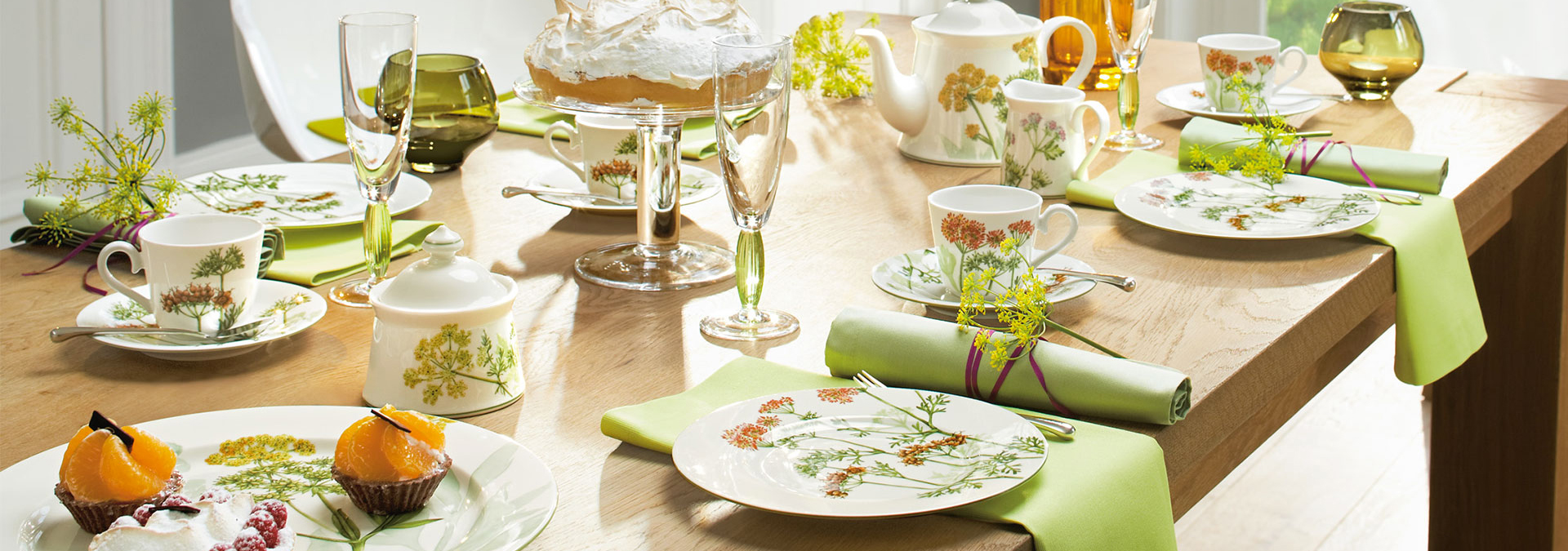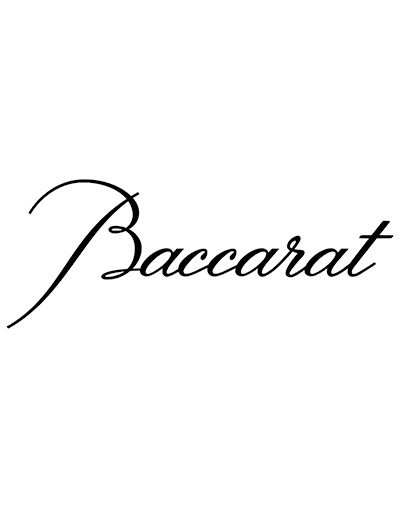The Gift
 When we give to others, we also gain something, that something that is not visible to the naked eye but still fills the heart. Seeing happiness in the eyes of those who receive our gift is what makes us happy.
When we give to others, we also gain something, that something that is not visible to the naked eye but still fills the heart. Seeing happiness in the eyes of those who receive our gift is what makes us happy.
The gifts we choose reveal aspects of our personality, our relationship needs and the dynamics of power that we implement with others.
At Christmas, traditionally, we usually exchange gifts. We make gifts as a sign of affection, kindness, esteem or gratitude. The gift is given spontaneously and without demanding anything in return, at least in its definition.
The personality of the recipient also contributes to influencing the way in which a given object is seen, interpreted, appreciated or not, and the value that is recognized. In all cultures, moreover, the gift ritual presupposes that it must be reciprocated or paid in some way, generating a pressure and a feeling of being in debt that further influences the relationship.
I regali che scegliamo rispecchiano i nostri pensieri e credenze sul fare regali, che di solito ereditiamo dalla nostra famiglia o dal gruppo a cui apparteniamo (a quali parenti “bisogna” fare regali a Natale e a quali no, la convinzione che “I regali migliori sono cose pratiche e utili”, o invece “I regali migliori sono le cose originali che uno altrimenti non comprerebbe mai”…) . I doni rispecchiano motivazioni più o meno consapevoli e più o meno “nobili”: non solo dimostrare affetto, amore, amicizia o stima, ma anche sottolineare il proprio potere o il proprio rango, adulare per ottenere qualcosa, cercare di riparare un senso di colpa, suscitare ammirazione.










